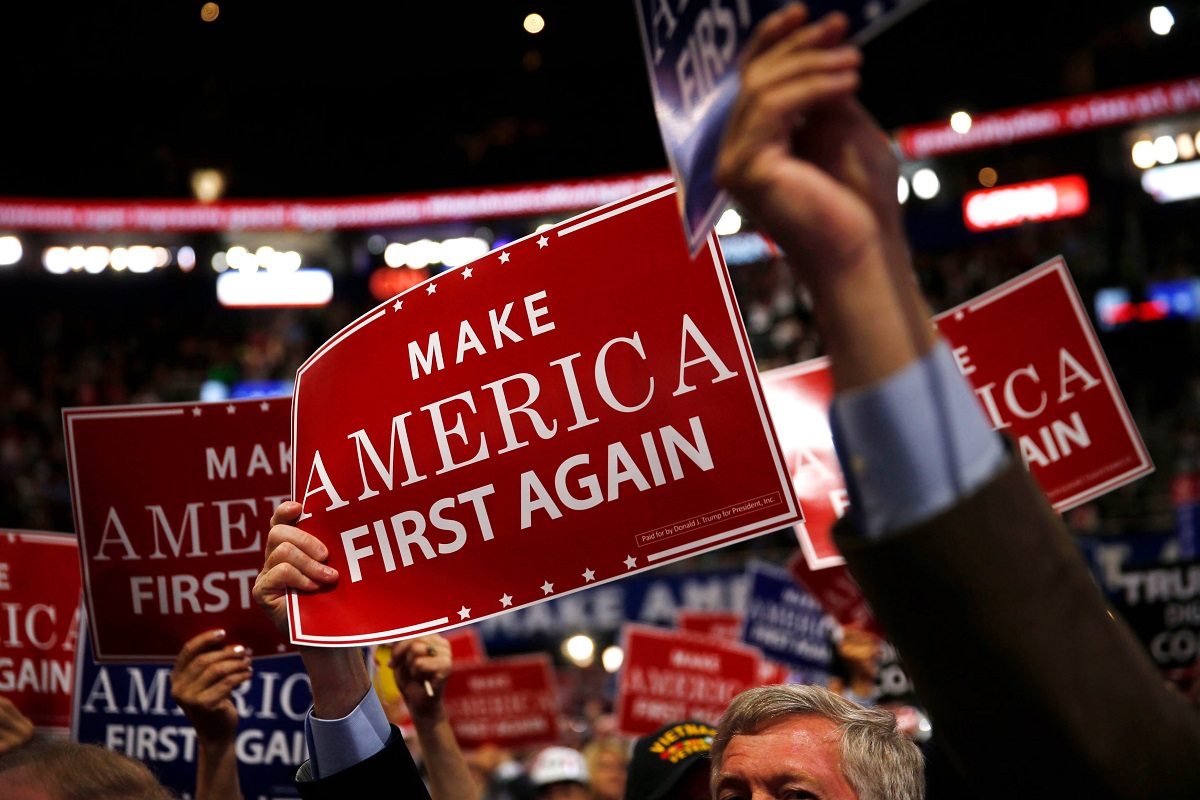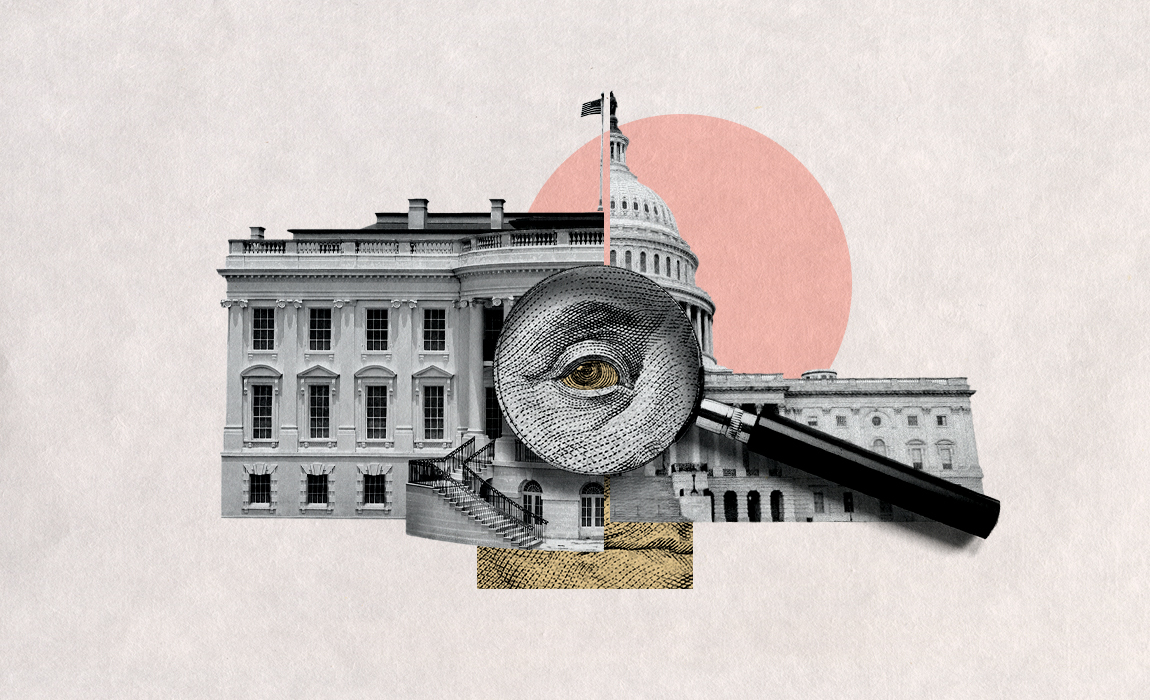Store Closures Outpace Openings Amid “Historic Shift” To Service-Based Tenants
Store Closures Outpace Openings Amid “Historic Shift” To Service-Based Tenants
By Nate Selesline of RetailDive
As closures accelerate, service-based tenants are expected to lease more retail space in the coming year than goods-based tenants, a trend that JLL called “a historic shift in the retail property sector.”
Coresight Research also forecast that store closings may reach 15,000 this year, while openings will hold steady at about 5,800.
JLL said this shift has been underway for a decade, but is now accelerating.
Service-based tenants interested in retail spaces include quick-service and fast-casual restaurants, fitness clubs, and healthcare, financial and personal care services.
“While the momentum of this growth was short-circuited by COVID, the last three years have seen a recalibration of this trend,” JLL said.
On the retail side, grocery stores, discount and dollar stores are seeing positive opening trends. The closing retailers are typically big-box or junior anchors. JLL cited Party City, Walgreens and Rite Aid as examples. These stores typically occupy 10,000- to 20,000-square-foot spaces. Nearly 2,700 stores in this category are closing or will close.
About 1,528 big-box stores, with 20,000 to 50,000 square feet of space, will close. These locations are favored by retailers like now-shuttered 99 Cents Only Stores and Big Lots, which filed for Chapter 11 bankruptcy in September.
However, JLL said there’s an upside to the industry’s real estate crunch, as the movement may free up nearly 140 million square feet of retail space. Space availability is currently at 4.7%, which makes finding desirable locations challenging. In addition, nearly 30% of available space is located in Class C retail properties and less than 25% was built this century, which leaves fewer options for expanding retailers. At the same time, construction activity remains minimal and annual construction starts are the lowest in 15 years.
Macy’s ongoing plans to drastically shrink its footprint may also present a quandary for malls. The company said it plans to close 66 of its namesake department stores this year, which would equate to about 12 million square feet of anchor space opening up in malls.
In response to this move, mall owners “will have to decide between redeveloping the space and possibly adding a mixed-use component or backfilling the anchor with one or more retailers.” JLL said entertainment businesses, fitness centers, grocery stores, home improvement, furniture and other department store chains are filling these vacant spaces.
Tyler Durden
Mon, 02/24/2025 – 06:30…










